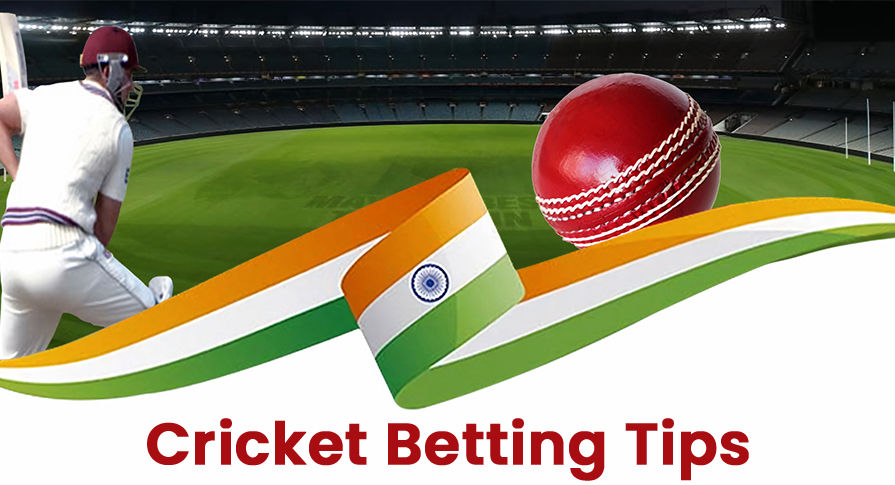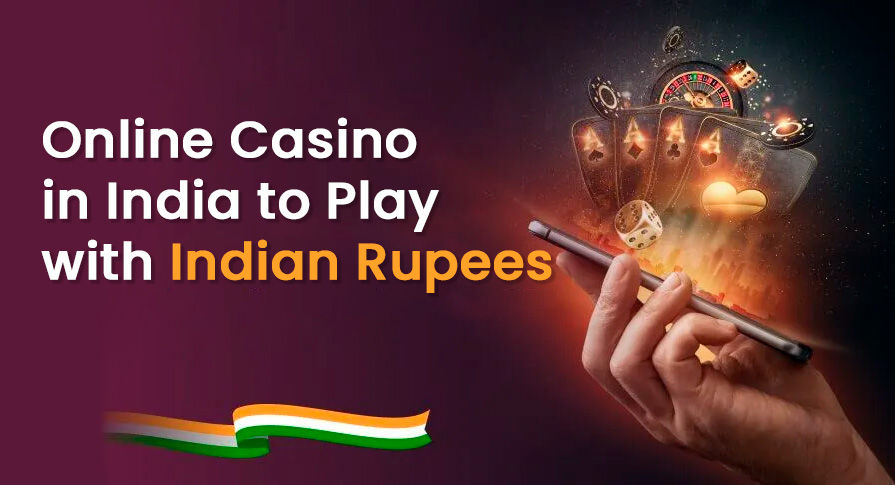Is Online Casino Legal in India? Gambling Laws in India


Posted by: Natasha James
In India, a country known for its diversity and cultural richness, the legal status of gambling has been a topic of debate for centuries. The nation's view on gambling is deeply influenced by its historical and cultural background. As you start your thrilling journey of gambling and betting, it is important to know about its legal status.
It is understood that you want to try your hands on real money earning games, and if you are lucky enough, get a chance of winning big! However, you are unwilling to do so at the cost of performing illegal activities. To help you with this, our detailed blog aims to clarify the legal aspects of gambling in India.
Favorite offers for October 2024 
-
What is Gambling?

Gambling is betting on an uncertain outcome to win money or goods. It includes activities like casino games, sports betting, and poker. Three essentials for gambling are money, risk, and the outcome. The outcome can be immediate, like rolling dice, or long-term, like a future sports contest. In India, gambling is both traditional, in physical spaces, and modern, using computers, mobile phones, and the internet.
-
What is Betting?

Betting is a part of gambling as gambling is the most commonly used term and includes betting as well. It means placing a bet or stake on the outcome of an event. This could include predicting sports results, horse racing outcomes, or even the flip of a coin. Betting is a common form of gambling subject to various legal frameworks in different parts of the world.
-
Laws Governing Gambling in India

The foundation of gambling laws in India is the Public Gambling Act of 1867, passed during British colonial rule. This Act makes running a public gaming house illegal. However, it doesn't cover online gambling as the internet didn't exist back then. Over time, states have changed the Act to suit their requirements. Some states, like Sikkim and Goa, have adopted more relaxed gambling policies, while others have maintained or strengthened strict regulations.
-
The Public Gambling Act, 1867

The Public Gambling Act 1867, or the Gambling Act, is the main law governing gambling in India. While the State legislatures have the authority to create their own gambling rules, some states have adopted the Gambling Act while others have made their laws. It's important to note that most of these laws were created before online gambling became popular, so they mainly focus on physical gambling activities.
Major Restrictions included in this Act follows:
- Gambling in a gaming house or being present for gambling in a gaming house.
- Providing money for gambling to those visiting a gaming house.
- Operating or managing a gaming house.
-
Games of Skill vs. Games of Chance: Validity & Laws

According to the Public Gambling Act, any form of gambling involving the use of money or betting is considered illegal. However, games that require skill are an exception and are legal in India. The Supreme Court defines skill games as competitions where success depends on a significant skill level rather than just chance. Horse racing is considered a skill-based game, not gambling, except under specific circumstances.
Interestingly, the Supreme Court also declared rummy a game of skill, as it requires memorization and strategic card management. On the other hand, a game known as "flash" or "flush" was deemed purely based on chance and fell under gambling. Therefore, skill-based games are permitted in India.
-
Online Gambling and Betting

The Public Gambling Act of 1867 is outdated and does not cover online gambling or betting. However, there are online real money earning games that attract gamblers to place bets using the internet. To regulate online gambling in India, the Reserve Bank of India has the authority to operate a payment system under the Payment and Settlement Act 2008.
FDI policies also restrict enterprises from participating in betting and gambling activities. The IT Act 2000 also regulates online gambling in India, allowing the government to block or instruct foreign betting games and sites. In summary, no specific law makes online betting and gambling illegal in India. The main challenge for gamblers is the payment portals, as banks and payment gateways are instructed not to process transactions related to online casino sites or gambling.
-
Different Types of Gambling and Their Legality

-
Casino Gambling

In India, casino gambling is a topic of debate. While certain states, such as Goa and Sikkim, have legalized and regulated casinos to boost tourism and generate revenue, most states have strict anti-gambling laws that ban physical casinos. It is important to note that Goa permits casino gambling offshore.
-
Sports/Horse Race Betting

The Supreme Court has determined that horse race betting involves skill rather than chance. Most gaming laws exempt horse racing from their restrictions, but certain conditions must be met. These conditions include betting on the day of the race in a sanctioned enclosure. Turf clubs oversee betting on physical horses at their venues. Additionally, online betting on real horses must meet the conditions for the Horse Racing Exemption.
During the COVID-19 outbreak, Bangalore and Calcutta Turf Clubs were allowed by their respective State Governments to offer online betting on horse races. Sports betting is only permitted in Sikkim, where operators must obtain a license. These games can only be provided online within Sikkim.
-
Cricket Betting

Gambling laws in India do not explicitly restrict betting on cricket, but the government considers it a game of chance, unlike horse racing, which is seen as a skill-based activity. Following a spot-fixing scandal in 2013, the Law Commission recommended legalizing betting in India with strict regulations to fight money laundering.
However, since online gambling operates globally and Indian laws do not extend to foreign websites, the government has implemented measures to make it challenging to use these platforms.
-
Bingo

Bingo may or may not be classified as a "lottery" or gambling under gaming laws. Hence, these games of chance are generally prohibited in most Indian states.
-
Poker

Games of skill, such as poker, have gained popularity, especially in online formats. Certain states have recognized the skill element and permit these games, provided they stick to regulations.
-
Understanding the legalities of gambling in India involves considering historical context, state-specific laws, and the evolving nature of online real money earning games. While some states allow regulated gambling for economic benefits, others oppose it. As technology advances, the legal framework may change, requiring a balanced approach to assess the risks and rewards of this age-old entertainment.











.jpg?updatedAt=1707893907968)
